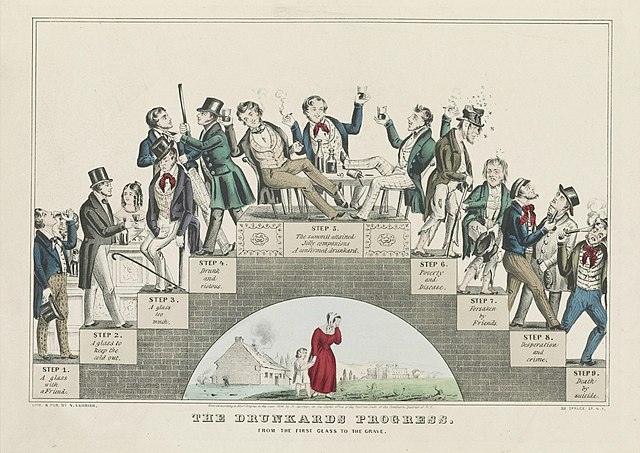Infinite photos and videos for every Wiki article ·
Find something interesting to watch in seconds
Richest US Counties
Celebrities
Great Artists
Orders and Medals
Best Campuses
Largest Palaces
Tallest Buildings
Crown Jewels
History by Country
Largest Empires
Recovered Treasures
Famous Castles
Great Cities
Rare Coins
Kings of France
World Banknotes
Wars and Battles
Supercars
Animals
Presidents
Great Museums
Ancient Marvels
Wonders of Nature
Sports
Countries of the World
British Monarchs
more top lists




